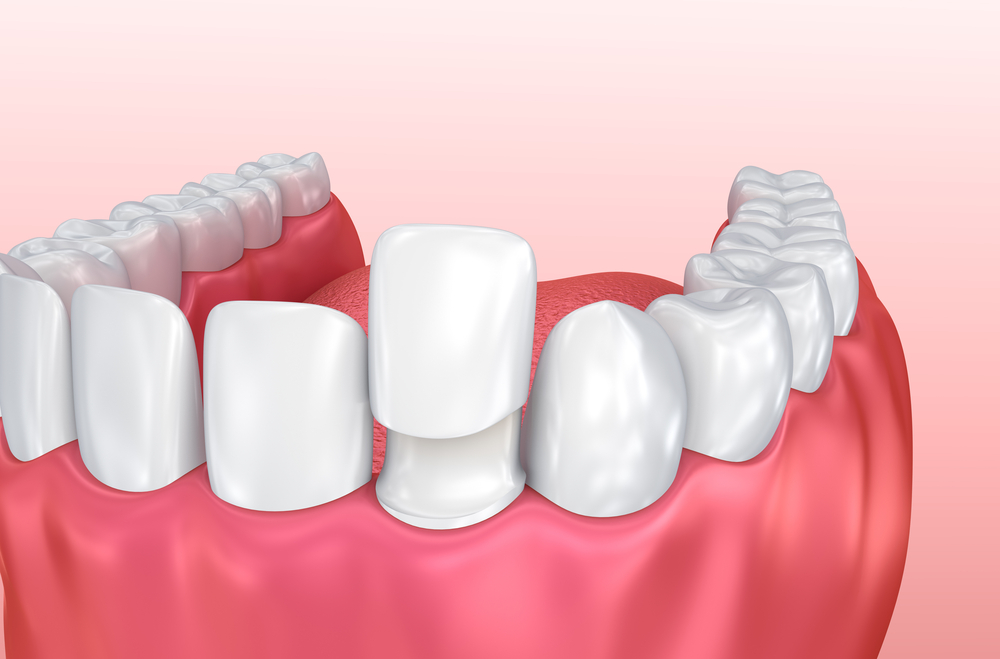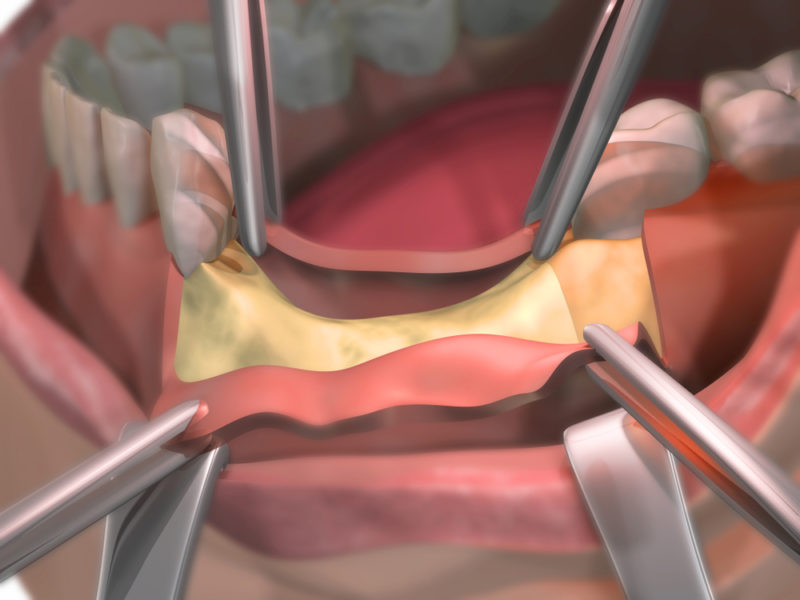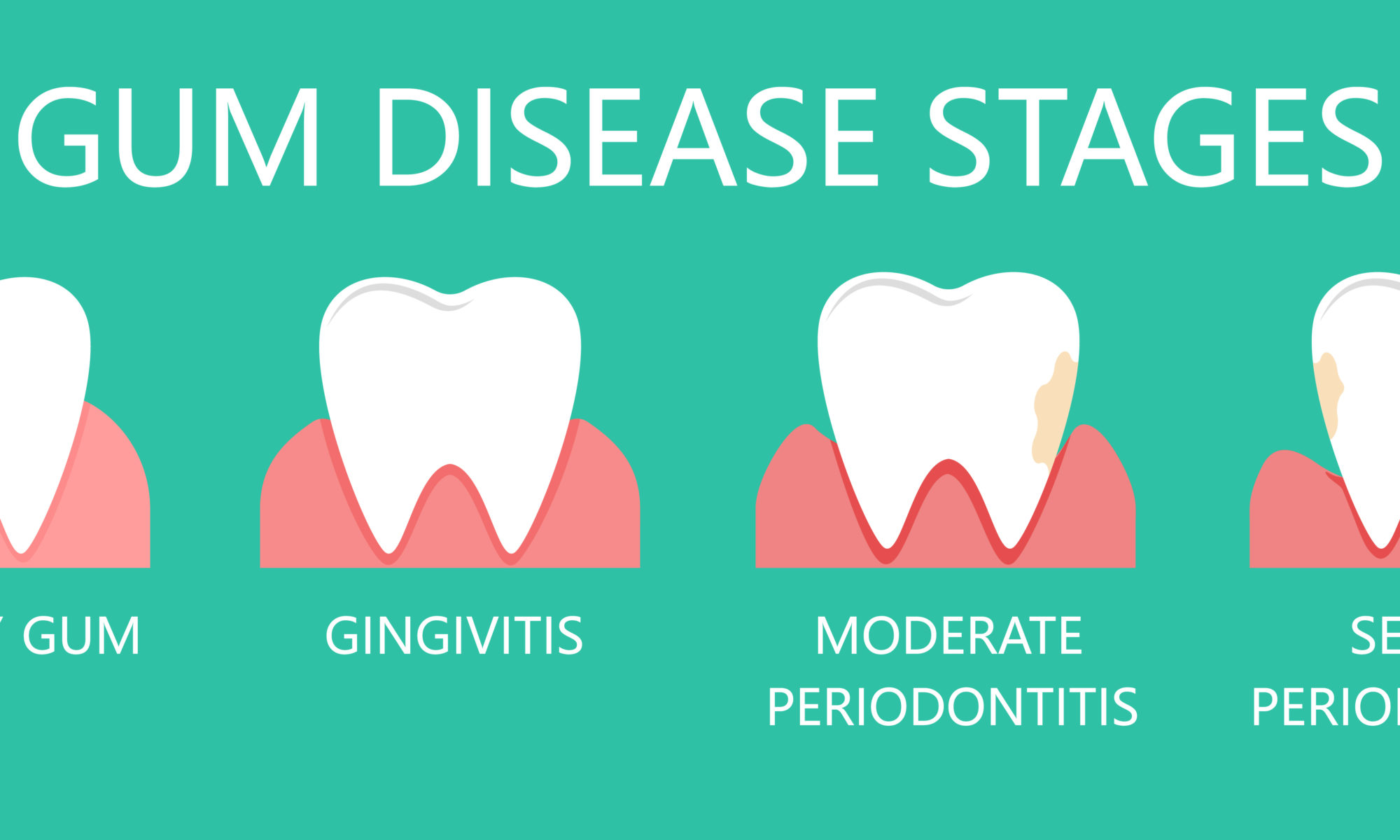Sleep Apnea Risks If Left Untreated
Sleep Apnea is a very serious health condition that can have a very major impact on anyone affected by it but if it is left untreated it has risks that can impact your overall health. Risks like being tired, heart disease, high blood pressure, and your oral health.
Tiredness
Sleep Apnea causes you to have interruptions in your sleep. In turn because your natural sleep cycle is constantly being disrupted, you’ll be more tired during your waking hours.
Heart Disease
If your sleep apnea is left untreated then it can eventually affect the circulatory system which can lead to heart disease. When you are experiencing sleep apnea your oxygen levels in blood begin to decrease which shocks your circulatory system constricting blood vessels. This can overtime lead to constricted blood vessels leading to clotting arteries.
Blood Pressure
If your blood vessels are contracting during a sleep apnea episode then your blood pressure can rise. This is because not enough oxygenated blood is able to reach your brain. Also, even after the sleep apnea event is over your blood pressure could still remain elevated throughout the day which can increase your risk of a heart attack.
Oral Health
Sleep Apnea can have a very major impact on your oral health if left untreated. This is because a person suffering from sleep apnea is more likely to grind their teeth, and they are more likely to sleep with their mouth open leading to dry mouth. If you feel as though you may be suffering from sleep apnea contact us to make an appointment.
Porcelain Veneers: Enhance Your Smile
Porcelain Veneers
Porcelain Veneers are a great way to enhance your smile. Mainly because they provide the patient with instantly whiter teeth and give them a confidence boost. Also, because the veneers are made of porcelain, they are resistant to developing stains and they are similar to your natural teeth. To learn more about whether or not porcelain veneers are right for you or if you are a good candidate for them read the info below to find out about different tooth problems porcelain veneers can fix:
Porcelain Veneers: The Solution
Porcelain Veneers are a good cosmetic solution for patients who are suffering from:
- Chipped or cracked teeth
- Discoloration
- Minor misalignment
- Gaps between teeth
Thanks to advancements in cosmetic dentistry if you are unhappy with your smile you no longer need to simply settle. Porcelain Veneers can provide you with a healthy, whiter, and brighter smile that you’ve always dreamed of having.
Are You A Good Candidate?
In order to determine whether or not you are a good candidate for porcelain veneers it’s important to understand what qualifications you must meet. In order to qualify for porcelain veneers, you need to have a significant amount of healthy enamel. Also, you should be engaging in good oral care practices. In addition, you should not be suffering from problems that prevent you from having healthy teeth and gums.
Schedule A Consultation
If you are considering getting Porcelain Veneers then it would be very beneficial if you reached out to our office to schedule a consultation. Doing so would allow our dentist to examine your mouth and answer any questions you may have about them.
The Different Types of Bone Grafting
When considering dental implants, there are many things patients often do not think about that occur before the surgery takes place. One of those missed thoughts is if your bone is strong enough to hold the implant. Most of us do not sit around wondering about our jawbone density, but it is something that needs to be taken into consideration when thinking about dental plants. If your doctor decides your bone will not support an implant, do not worry – there are methods to fix this. Bone grafting can take place to fill in the gaps where your bone is not strong enough. A common area for this to occur is in the sinuses above the upper molars.
There are different options for bone grafting.
- Different bone types might be used in preparing the dental implant bone. Autogenous (self-produced) bone comes from the person having the surgery and might be taken from the chin, or perhaps the hips.
- Block bone grafting is the process of cutting a piece of bone from another area of the body and implanting the area requiring the strong dental implant bone. It will need to be left for around three to six months before it will ready to take the tooth implant.
- Allograft bone comes from other human donors, usually cadavers. Again, there will be a long healing period before the bone is ready to take the new tooth.
If you need to undergo bone grafting before you can receive your dental implant surgery, your doctor will guide you through the process of which you will experience. You must remember that if you need to have bone grafting done, it will add time to your implant surgery for healing. As with any kind of surgery, you should make sure that dental implant bone surgery is carried out by a fully qualified practitioner to ensure your healing goes as smoothly as possible.
If you have any questions about bone grafting or dental implants, consult with your doctor. They will be able to direct you through the process and ensure you have a good experience.
Gum Diseases and Oral Health
Health is wealth, right? It is of the utmost importance that we keep our body as healthy as possible. While most often when we think of health, we think of the usual suspects such as the heart or blood pressure. We should start adding oral health in as the usual, as it holds major importance in our lives.
Oral health is one of the most crucial aspects of our health. The United States deals with millions of patients who suffer from various forms of oral health issues. What is even more stunning is the fact that these diseases plague many in the world and are easily treatable and can be prevented. However, once disease begins it can become harder to treat. Gum diseases of all kinds are a constant problem and not always spotted right away.
So, what are the signs to watch out for? For children between the ages of 2 to 15, cavities are a prevailing problem. When cavities and decay set in, a lot of problems begin surfacing. Adults too, are severely affected by cavities and decay problems. Most adults in America suffer from tooth decay and many of them lose all their teeth by the age of 60. Oral cancer patients are not as many in number as those who suffer from cavities but is dangerous and can be fatal. Gum disease is one in the same. Gum disease is caused by bacteria when oral hygiene is not a regular daily action.
There are several simple ways of preventing these health problems that you can take on individually. Using fluorides is something you can do to take as a precautionary step. Fluoride has qualities that drastically push off the chances of cavity or tooth decay. Using toothpastes that explicitly declare that they have fluoride in them is also a great way to prevent decay.
Using dental floss to clean in between your teeth after meals, particularly dinner is advised too. And always brush, at least twice a day. Washing off food particles from your mouth will work greatly towards preventing the generation of bacteria that cause oral diseases.
Basic oral hygiene works to maintain a clean oral health and fight off all kinds of gum diseases and tooth decays. Not smoking or chewing tobacco is another great way to prevent oral diseases as tobacco use is known to cause health problems including oral, throat and lung cancer. And of course, going to the dentist is the best thing to do, as they keep records of your teeth and oral health in more detail than you can see at home.
Gum Diseases and Oral Health





